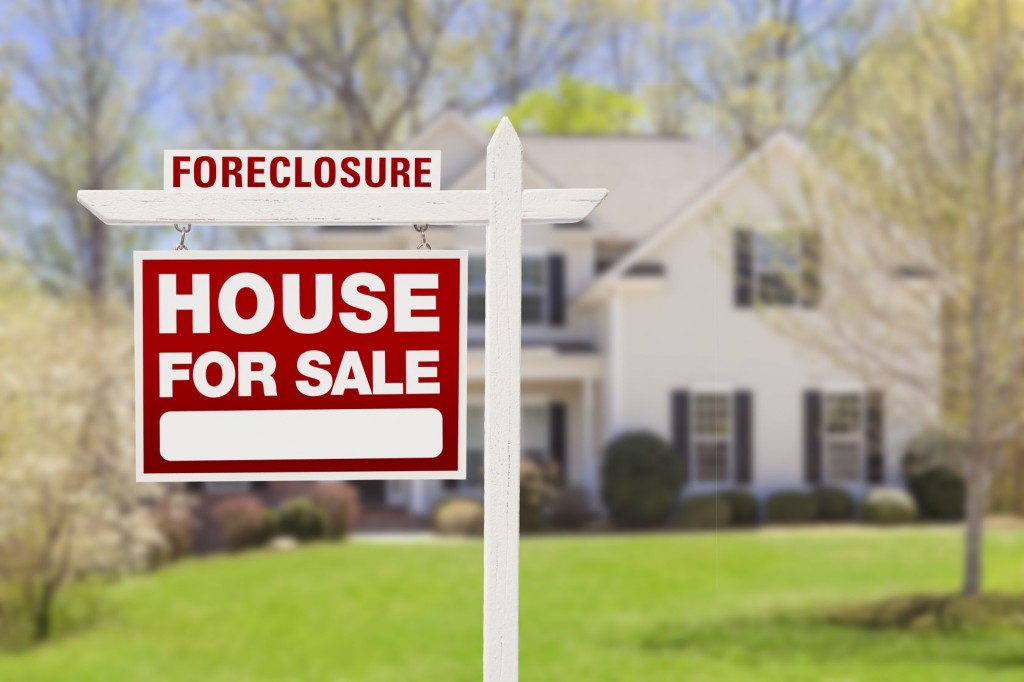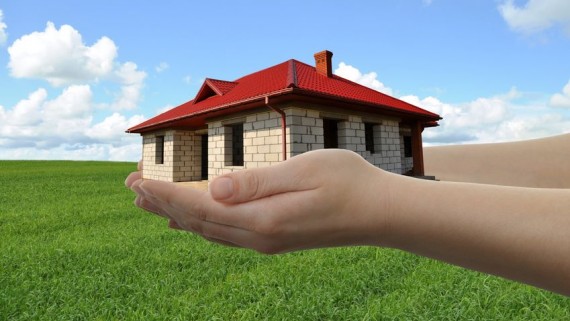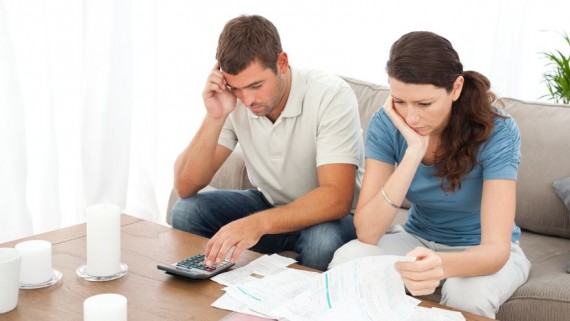Determining The Value of Your Home for Bankruptcy
A question many clients ask is how to value their home when they are filling out their paperwork for our office. To be honest, that question comes much later in the conversation, as most people are more worried about keeping their home or stopping a foreclosure sale than trying to determine the value of their home for a bankruptcy form. In order to answer their question about whether or not they may keep their home (by and far, most debtors who wish to retain their home do so when filing a bankruptcy case), we must first determine the value of their home.
For bankruptcy purposes, the value of your home will be the fair market value as of the date you file your bankruptcy petition. It is not the replacement value that your homeowner’s insurance company may state the home is worth nor is it the tax value that the tax assessor may assign to the home (although, that can be a good starting point to determine the value). The value of your home is probably not the same as it was when you purchased your home. With the sharp decrease in the housing market, many homes lost substantial value and are just beginning to regain some of their value. Therefore, your home could actually be worth less than when you purchased the home, especially if the purchase was within the past few years. The fair market value of your home is what an average person would pay for your home in its present condition. If your home needs substantial repairs, the market value of the home will be less than other homes of the same size and style that do not need repairs.
Why do I need to make sure that the value of my home is correct?
There are several reasons why the value of your home needs to be as accurate as possible when you file your bankruptcy case. The most important has to do with the bankruptcy exemptions you are entitled to claim in your homestead. The net value of your home will be determined by subtracting any valid liens against the property (i.e. first mortgage, second mortgage, tax liens, etc.) from the fair market value of the home. The net figure is your equity in the home. If the equity in your home is below your allowed homestead exemption, the value is protected from creditors and the bankruptcy court. In other words, if the trustee were to seize your home to sell it to pay unsecured creditors, after he paid the liens in full, paid the homestead exemption amount to you and paid his commission, there would be nothing left to pay the unsecured creditors. Therefore, the trustee is not going to pursue your home.
Another reason to determine the correct value of your home is with regard to valuing a junior lien holder. For example, if the value of your home is less than what you owe to your first mortgage lender, you can file a motion with the court to value the lien of the second mortgage at $0.00, which renders the second mortgage unsecured. It will be treated as any other unsecured creditor in your bankruptcy case. However, in order to “strip away” the second mortgage, you home cannot have a fair market value that is even one penny above the first mortgage. To ensure this, a formal appraisal must be performed at your expense. The second mortgage company may also perform an independent appraisal to verify the results.
What ways are there to value my home for bankruptcy purposes?
There are several ways you can determine the value of your home for bankruptcy purposes.
An appraisal – If you are unsure of the value of your home, you can hire an appraiser to provide a formal written appraisal of the home including the fair market value. While this is not necessary in most cases, if you believe that your home may have substantial equity over and above the bankruptcy exemptions, your attorney may advise you to have an appraisal prior to filing a bankruptcy. It is also required if you are attempting to value a junior mortgage at $0.00 (turn the secured debt into an unsecured debt) to establish that the home is not worth what is owed on the first mortgage.
Comparable Market Analysis – This type of valuation is less expensive than a full appraisal but it will give you a more accurate value for your home than if you attempt to perform the research yourself (i.e. asking your neighbors what their homes are worth). A licensed realtor will compare your home to other homes sold in your area. He or she will use accurate data about your home’s size, style and age to determine what the fair market value of your home is by using the sales date from comparable homes within your area. This may also be used if you are “stripping away” (valuing at $0.00) your second mortgage.
Online valuation websites – Online websites such as Zillow.com provide estimates of homes based on several criteria including tax values and homes being sold within the same location of your home. A little research online will often provide you with a very close figure for the fair market value of your home.
Homes sales in your neighborhood – If you cannot afford to obtain a written appraisal or a comparable market analysis, you can always check the public records yourself for home sales within your area. This is not sufficient if you are attempting to value a second mortgage; however, it is typically the way most people determine the value of their home for bankruptcy purposes.
At The Law Office of Gene F. Turnwald, we always are ready and willing to help our clients when they have questions about the value of their home or any other personal property they may own. It is our position that, as your bankruptcy attorney, we are here to assist you with completing your bankruptcy forms as well as give you support and guidance as you go through the bankruptcy process. It is our desire to make the bankruptcy process as stress-free for you as possible.
Contact our office today at (517) 347-6700 or gturnwald@comcast.net to schedule your free bankruptcy consultation. Let us show you how bankruptcy can save your home and provide the relief you need from overwhelming debt.









